|
|
||
|
Pro Tools
FILMFESTIVALS | 24/7 world wide coverageWelcome ! Enjoy the best of both worlds: Film & Festival News, exploring the best of the film festivals community. Launched in 1995, relentlessly connecting films to festivals, documenting and promoting festivals worldwide. We are sorry for this ongoing disruption. We are working on it. Please Do Not Publish until this message disappears. For collaboration, editorial contributions, or publicity, please send us an email here. User login |
An Interview With Film Historian and John Ford Biographer Joseph McBride at the John Ford Ireland Film SymposiumEustace Street in the Temple Bar district of Dublin, home of the Irish Film Institute, has been a busy place this weekend, as the inaugural John Ford Ireland Film Symposium presented a variety of screenings, lectures and academic panel discussions devoted to the prolific Irish-American film director, whose influence continues to loom large, nearly 40 years after his passing. Afficionados of Ford's work have come from all over Ireland, continental Europe, North America and as far away as Australia, to celebrate his career, and the enduring influence he has left upon the landscape of cinema and visual story telling. But there are only perhaps a handful of people in the world who could truly be called “experts” in terms of having a thorough understanding of John Ford's work, his evolution as a director and artist, and his personal character. Joseph McBride is definitely among this select group. A film historian and scholar, biographer, and professor at San Francisco State University, he is the author of many critically acclaimed books, including “Searching For John Ford”, first published in 2001, which to date is perhaps the most comprehensive and insightful work about Ford, and essential reading for anyone who wants to familiarize themselves with the life of the great director. I spoke to Mr. McBride on Saturday and asked him some questions about John Ford. The interview follows below: Robert Bodrog: What do you like most about Dublin? Joseph McBride: Well, I guess, its sense of history. I'm a history buff, and just seeing all these historical sites, especially Trinity College. RB: I think it's one of the few cities in the world where writers are truly respected. JM: Yeah, I noticed that the first time I came here, because I lived in Los Angeles for a long time, and if you say there you're a writer, they kind of despise you, because everyone in L.A. says he's a writer. And there's a kind of contempt. And then you come to Ireland, and you say I'm a writer, and people go, wow, that's great, you know. Because it's a very literate culture, and even poor people are literate. And I was very impressed by that. And everybody is well read. You can have really good intellectual conversations here. RB: What's the first John Ford film you ever saw? How old were you, what did you think of it then, and what kind of an impact did it leave on you? JM: I don't recall exactly, because I saw a lot of westerns when I was a kid, but the two that I remember seeing early on were “The Last Hurrah” on television, and the one I saw in the theatre when it was released was “The Man Who Shot Liberty Valance”, which I liked a lot. But the film that made the big impression on me and got me hooked on Ford was “Fort Apache”, which I saw in 1967 when I was home for Christmas holidays from school, and I watched it on TV. And it really knocked me out. Because when I was a kid watching westerns every day on TV, I began to wonder why the Indians always lost... And one day they won. And I was so thrilled, I don't know what film it was, it could have been “Fort Apache” because there aren't that many in which they win, so here I'm watching this film on TV, and they win. They're the heros of the film. They're the good guys. And it's a very radical film. And I was just floored by what a wonderful historical drama it was, and a great script. The two screenplays that have had the most influence on me have been “Citizen Kane” [by Orson Welles and Herman J. Mankiewicz] and “Fort Apache”, by Frank Nugent. I recognize Nugent's script as like a novel in its richness, but it's very cinematic, so that kind of made me fall in love with John Ford, and then I began studying him in a big way, and then I put this book together with Michael Wilmington from 1969-71. I was finishing my Welles book at the time, so it took me a while to get on to Ford, but we became Ford fanatics and watched as many of his films as we could... We kind of rediscovered “The Searchers”, and wrote a piece in “Sight and Sound” in 1971 that's credited with reviving interest in that film, which had become forgotten. Ford was out of fashion... And in the late 90s when I really got down to writing this one, which I started in 1971, he was out of fashion again. Which seems odd, because now he's pretty widely accepted again. RB: What do you think is the biggest misconception people have about John Ford's work? JM: Well, I think he is seen sometimes as a simplistic right-wing ideologue. And he's very hard to categorize politically. Because he has many sides to him. And the trouble I had writing the biography, was trying to reconcile all these parts of this man. The parts didn't add up. And when I was younger, I was trying to make them cohere. And then I realized, as I got more mature, that we're all a mixture of things that don't necessarily cohere. We all have the good, the bad, and the ugly inside us. And we have different sides. Ford had his liberal side, his conservative side, his radical side, and they shift from film to film sometimes. And I think that's a problem for a lot of people. RB: To any young film student or aspiring director out there who would say “What can John Ford's work teach me? What can I learn from old John Ford?" What would you say to them? JM: Well, I've taught courses on Ford, and sometimes the students come in not knowing much about him, but by the end of the class, they're big fans of his. And so it takes the exposure to ten or fifteen films sometimes before you realize the range of this fellow. It's a stretch for young audiences. But if you can be interested in different eras and different cultures, and understand changes of attitude, I think that's healthy for people. Because a lot of students today just see the current films and they're all similar. RB: What do you think if Ford was here today and saw all these people who have come from around the world to see his films and talk about him? JM: He would make sarcastic remarks because that was his defense mechanism. He didn't like praise. And he didn't show up for his Academy Awards and things like that. And make some snotty remarks. But I think he would secretly be thrilled... I was struck by something Jim Sheridan said yesterday. He said Ireland has not totally accepted John Ford yet. Which I thought was interesting. Because I see it from the American point of view. Americans maybe don't totally accept John Ford yet, either. Because he's torn between these two cultures, you know. And so, I guess, Sheridan meant they're kind of suspicious of Irish Americans. But you know, it's time for Ireland to embrace him as one of their great sons, even though he wasn't born here. He has the Irish heritage, and he's one of the world's great artists. So I think it's very healthy for the Irish culture to embrace him as one of their own. RB: Thank you for your time Mr. McBride. I hope they will.
For more symposium information: www.johnfordireland.org My website: www.bodrog.com 10.06.2012 | Robert Bodrog's blog Cat. : 9 Academy Awards Album Australia Author biographer biography cinema Contact Details continental Europe Director director and artist Dublin Employment Relation film director Frank Nugent Henry Ford Herman J. Mankiewicz historian and scholar, biographer, and professor Human Interest Human Interest Ireland Ireland Irish Film Institute Jim Sheridan John Ford John Ford John Ford Joseph McBride Joseph McBride L.A. Los Angeles Michael Wilmington Michael Wilmington Military personnel North America Orson Welles Person Career Quotation Rob Ford Robert Bodrog Robert Bodrog San Francisco State University San Francisco State University Technology Technology Temple Bar Trinity College Trinity College United States writer www.bodrog.com www.johnfordireland.org FESTIVALS
|
LinksThe Bulletin Board > The Bulletin Board Blog Following News Interview with EFM (Berlin) Director
Interview with IFTA Chairman (AFM)
Interview with Cannes Marche du Film Director
Filmfestivals.com dailies live coverage from > Live from India
Useful links for the indies: > Big files transfer
+ SUBSCRIBE to the weekly Newsletter DealsUser imagesAbout Robert BodrogThe EditorUser contributions |



















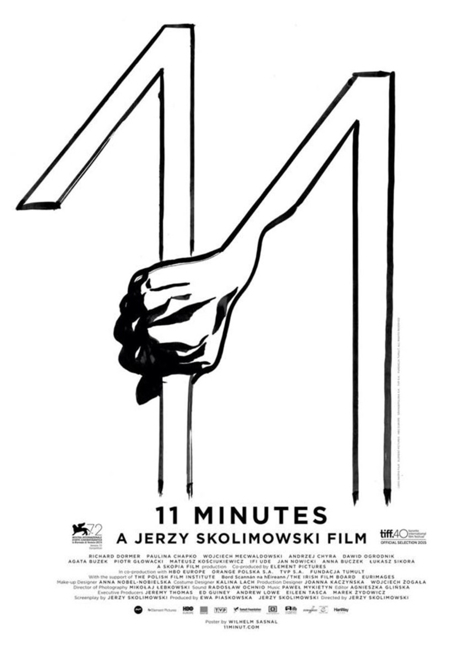
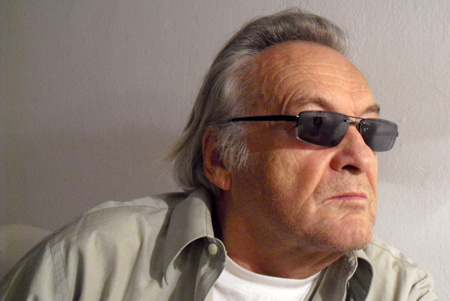
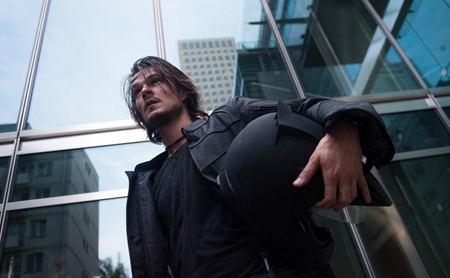
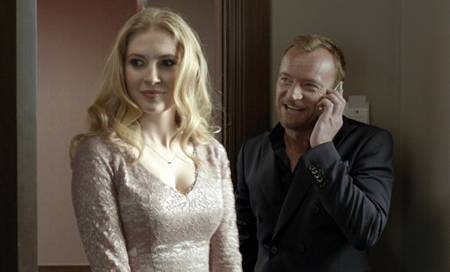
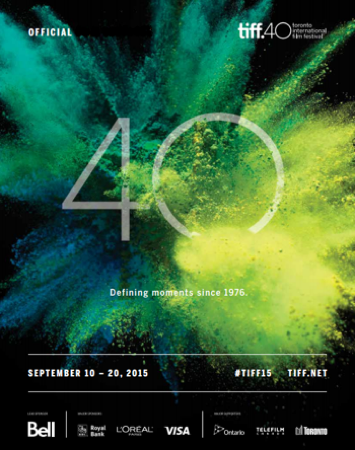
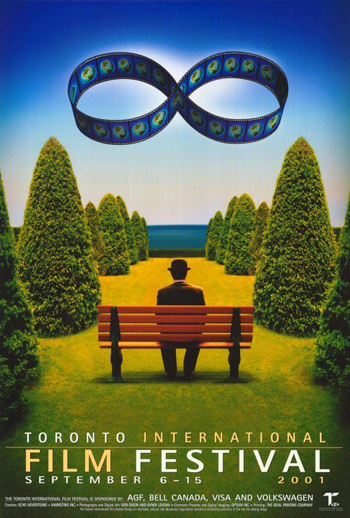
 Bodrog Robert
Bodrog Robert 


